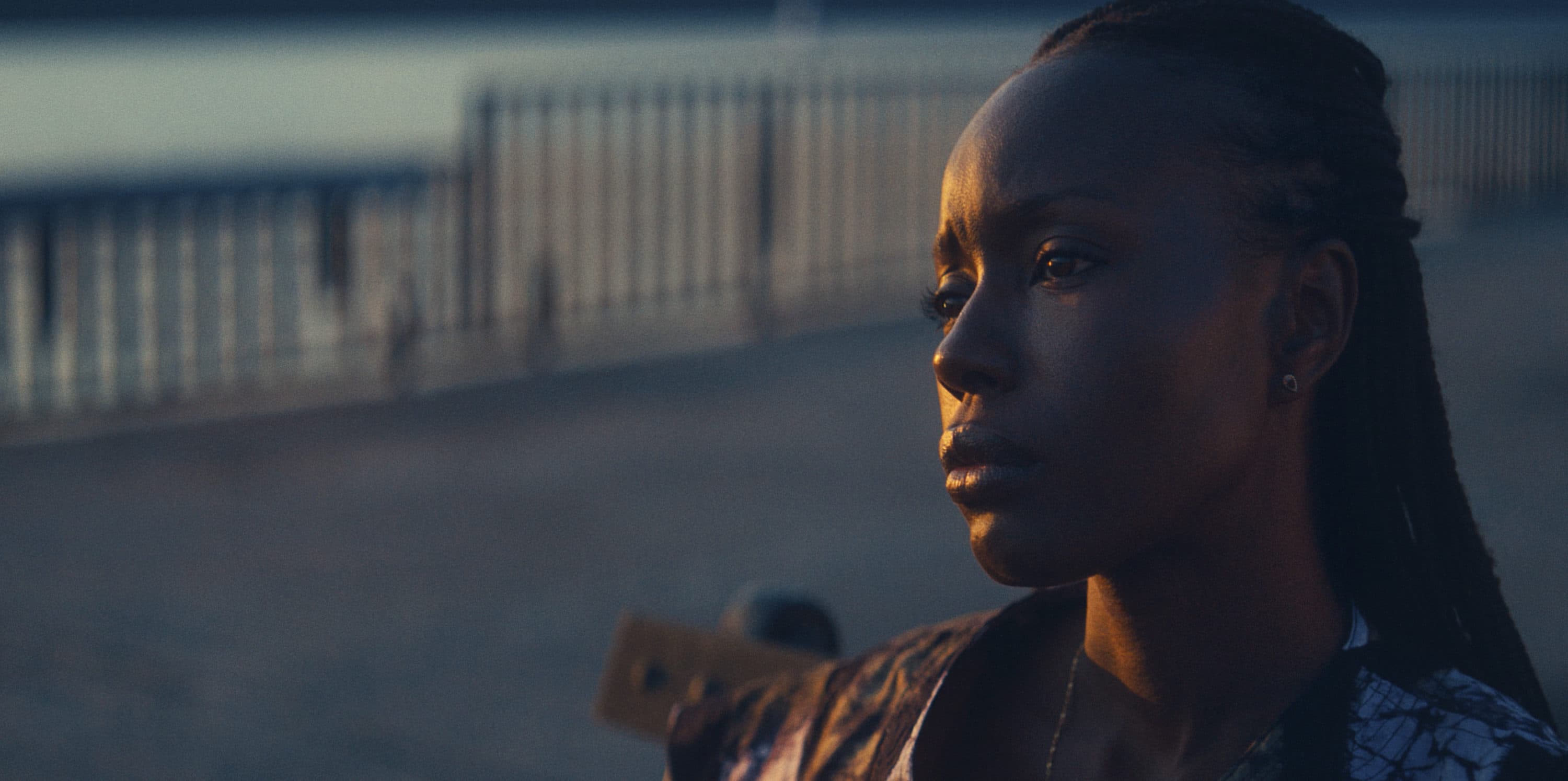Advertisement
Six shows and movies to view this Black History Month

Happy Black History Month to us all, except for those of you who have successfully purchased Club Renaissance Tour tickets. Another year has passed of Black visuality on-screen and it’s been one of rich speculative histories and futures, archival reach and new expressions of mythic lore. Yet as we wade through the heat of 2023 award season, an open letter by director Gina Prince-Bythewood underscores the enduring reality of a Hollywood film industry which refuses to expend its capital (social and fiscal) to equitably showcase and admire Black artists and their work. Prince-Bythewood laments that the true costs of this are the Black craftspeople, who then struggle building their resumes and finding other work in the industry, perpetuating an industry-wide ouroboros of racial exclusion. We know that this exclusion reduces non-white screen presence to the limited visual imagination of whiteness (look no further to the now memes of Bad Bunny accepting a Grammy in “non-English”). Thus, it is a particular triumph when exceptional Black visual projects that offer varied and whole notions of Blackness are greenlit, produced, and distributed in a way that creates opportunity to be known and seen. Enter this year’s Black History Month viewing guide which represents a vibrant catalogue of the latest projects that offer complex Black histories and futures by Black talent working to widen our access to Black stories and art.
‘The Woman King’ (2022)
The stuff of history, heroes and lore alchemizes in an ensemble led by Viola Davis and featuring Thuso Mbedu, Lashana Lynch, Sheila Atim and John Boyega. The Agojie warriors – mythic in their bravery, ability and force – are one of the few documented examples of a female military unit in history. In this film directed by Gina Prince-Bythewood (“Love & Basketball”), the Agojie are rendered in rich complexity as honor, tradition and sisterhood cohere with an action-flick that rings futurist. Many have drawn connections to “Braveheart” in its action-packed arc of heroism and principle. The grit, strength and complexity we see from this ensemble cast is an incendiary new dimension of Black women onscreen.
‘Honk for Jesus. Save Your Soul’ (2022)
If her acceptance for Kevin Costner’s award for Best Actor at this year’s Golden Globes wasn’t already an indication, Regina Hall remains a leading comedic actress of our time. In this grimly hilarious mockumentary about an unwinding Southern Baptist megachurch pastor (Sterling K. Brown) and first lady (Hall), a camera crew catches vulnerable moments of a couple grappling with their diminished congregation and influence after a sex scandal. Identical twins Adamma and Adanne Ebo infuse their church roots into a glorious defraying of religious hypocrisy which often underwrites megachurch scandals. Layered performances by Sterling K. Brown and Regina Hall speak the shorthand of Southern Baptist culture while explicating its potential for harm. The film, produced by Jordan Peele’s MonkeyPaw and Daniel Kaluuya’s 59% production companies, carries the culture specificity of a Black inside joke while gently pointing to games Black women must play to have ownership over their lives. (Streaming on Amazon Prime)
‘Is That Black Enough For You?!?’ (2022)
Film critic-turned-documentarian Elvis Mitchell goes beyond the usual Black film cannon of the 1960s in this extensive documentary on Black cinematic history. One of the key strengths of Mitchell’s work is the depth and range of interviews from Whoopi Goldberg to Charles Burnett to Harry Belefonte who impart searing insights into early Black film industry and his transition to music. Mitchell rolls back into the Black film cannon to explore the deeper search for self possession and self definition which animates the Black cinematic tradition. (Streaming on Netflix)
‘Nanny’ (2022)
Winner of the grand jury prize at the 2022 Sundance Film Festival, this eerie horror thriller follows a Senegalese immigrant (Anna Diop) who takes a job as a nanny to afford a reunion with her son in Senegal. As she becomes mired in the tinderbox of her new employer’s home (a self-important feminist with a white savior complex, a lewd cheating husband and their daughter who has a ‘sight’ similar to “The Shining’s” Danny Torrance), Aisha (Diop) is pulled by the vengeful instincts of a mythic Afro-Caribbean water spirit. The film draws attention to the body, the lore and history it conceals, while affording us a lusciously self-possessed protagonist that complicates cinematic depictions of passive, helpless immigrant stories. This feature debut by Nikyatu Jusu is a clear extension of her short films, which are also all currently streaming on the Criterion Channel. (Streaming on Amazon Prime)
‘Random Acts of Flyness’ (HBO)
The bizzarro worlds created by Terence Nance in his genre-bending ‘sketch-comedy’ series return for a second season. The most indulgent aspect of “Flyness” lies in its defiant ambiguity that leaps time, genre and story forcing viewers to map the (dis)continuities between vignettes as a mode of exploring the range and breadth of Blackness. Where season one focused on embodying the precarity of Black life, season two shifts its focus to the question of healing and ritual. (Streaming on HBOMax)
‘Kindred’ (Hulu via FX)
This adaptation honors the layered complexity of Octavia Butler’s 1979 speculative neo-slave novel of the same title. Butler’s work used time travel to explore the embodied legacies of slavery through a Black writer in 1976 who is repeatedly pulled back to an antebellum plantation in Maryland. The limited series developed by award-winning playwright and showrunner Branden Jacobs-Jenkins (“Watchmen”) breathes life into Butler’s novel, functioning as a visual representation of the mad cyclone that is recovering familial history for African Americans whose family trees are shrouded in obscure mystery. The series does deviate in some key ways from the text but the liberties pay off, and function to underscore the tensions still present in interracial couplings while keeping a keen focus on the recovery of Black familial history. (Streaming on Hulu)





